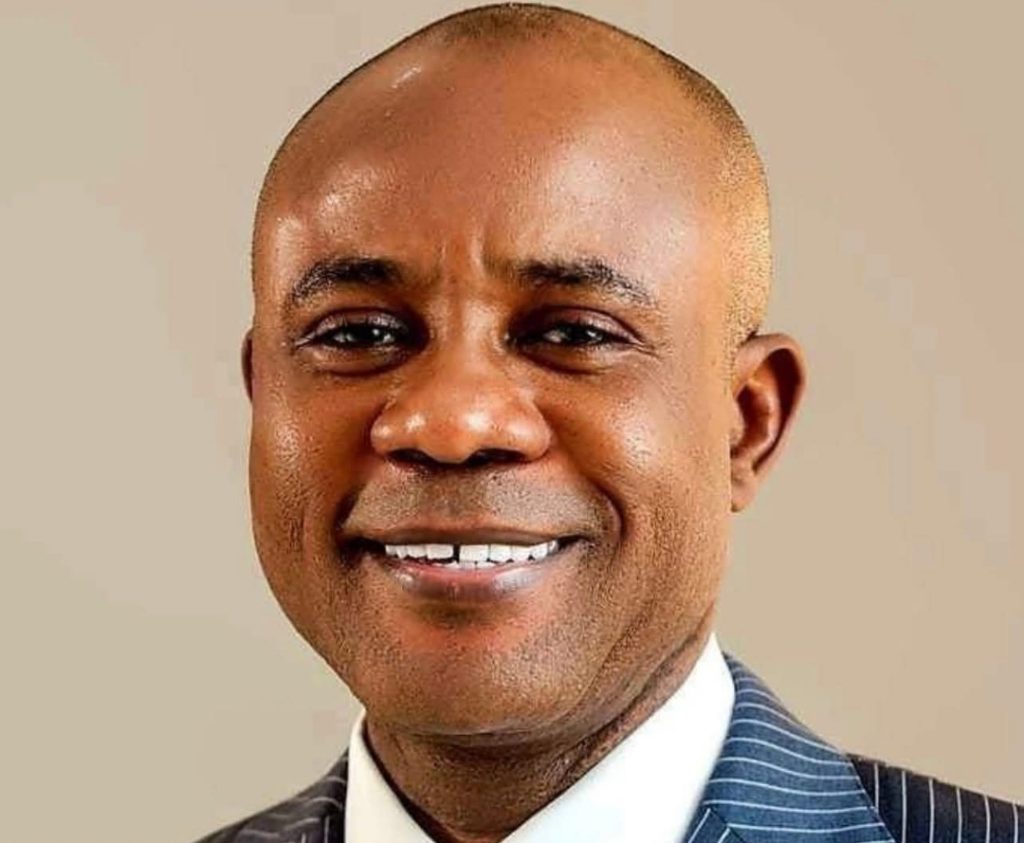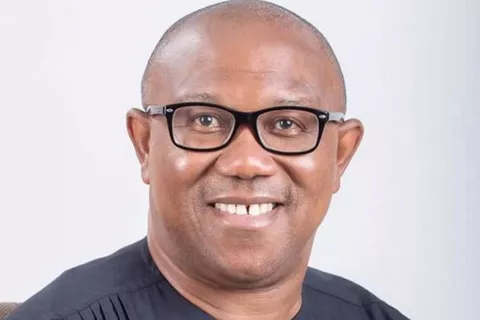Africa
‘End of an Era’ as Namibia bids farewell to founding father, Nujoma

Namibia, a nation born from the ruins of colonialism and apartheid, has bid farewell to its founding father, Sam Nujoma, in a solemn and historic ceremony.
Nujoma, who passed away last month at the age of 95, was laid to rest on Saturday at Heroes’ Acre, a revered burial site for Namibia’s most distinguished citizens.
His death marks the end of an era for not only Namibia but also for Africa, as he was one of the last surviving leaders of the continent’s anti-colonial movements.
A Nation Mourns and Celebrates a Hero
Namibians gathered in large numbers on Friday and Saturday to pay their respects to the man who led their country to independence and served as its first president for 15 years.
President Nangolo Mbumba, addressing the crowd at Heroes’ Acre, described Nujoma as “a giant among leaders” who left behind “the most precious gift of… freedom.”
He emphasized that Nujoma’s legacy would continue to inspire future generations.
The mood was a mix of mourning and celebration. While the nation grieved the loss of its founding father, it also celebrated his extraordinary contributions to Namibia’s independence and development.
“We are not only mourning today, we are celebrating an extraordinary leader who has contributed significantly to our country’s independence, who will continue to inspire us for many more years to come,” said Namibian citizen Given Shiyukifein in an interview.
A Revolutionary Leader’s Journey
Sam Nujoma’s journey from a humble beginning to becoming a revolutionary leader is a testament to his resilience and determination.
Born into a peasant family as one of ten children, Nujoma worked on the railways in the late 1940s, where he first became politically aware.
He developed a passion for politics and a deep desire to see his people free from the injustices of colonialism.

Nujoma
In the 1960s, Nujoma co-founded the South West Africa People’s Organisation (Swapo), which became the leading force in the fight for independence from South Africa, then under white-minority rule.
The struggle was long and arduous, marked by a guerrilla war that began in 1966 following the imposition of apartheid laws by South Africa.
Nujoma’s leadership during this period was instrumental in uniting the Namibian people and garnering international support for their cause.
The Road to Independence
Namibia, then known as South West Africa, had endured a tumultuous history of colonial rule.
It was under German occupation from 1884 until 1915, when Germany lost its colony during World War I.
The territory then fell under the control of South Africa, which extended its racist apartheid policies to Namibia, denying black Namibians political rights and restricting their social and economic freedoms.
Nujoma’s Swapo led the charge against this oppressive regime, and after decades of struggle, Namibia finally gained independence on March 21, 1990.
Nujoma was sworn in as the country’s first president, a position he held until 2005.
During his presidency, he was widely credited with ensuring peace and stability in the newly independent nation.
His policy of national reconciliation encouraged the white minority to remain in the country, and they continue to play a significant role in sectors such as farming and commerce.
A Legacy of Progress and Inclusion
Nujoma’s legacy extends beyond the fight for independence.
He was a champion of social justice, advocating for the rights of women and children.
One of his notable achievements was the implementation of laws requiring fathers to provide financial support for children born out of wedlock.
This policy was part of his broader vision of creating an inclusive and equitable society.
His leadership also laid the foundation for Namibia’s economic development.
Under his guidance, the country transitioned from a war-torn state to a stable democracy with a growing economy.
Nujoma’s emphasis on national unity and reconciliation helped heal the wounds of the past and fostered a sense of shared identity among Namibians.
A Continent Bids Farewell
Nujoma’s passing has been felt across Africa, where he is remembered as one of the last of a generation of leaders who fought for the continent’s liberation from colonial rule.
His death signals the end of an era for Africa, as the continent continues to grapple with new challenges in the 21st century.
Dignitaries from across the region attended the funeral, including the presidents of Angola, South Africa, and Zimbabwe.
Their presence underscored the respect and admiration Nujoma commanded not only in Namibia but across the African continent.
A Nation Remembers
On Saturday, Nujoma’s coffin, draped in the Namibian flag, was transported by a military gun carriage from the capital, Windhoek, where his body had lain in state, to Heroes’ Acre on the outskirts of the city.
Mourners began arriving in the early hours, waving flags and singing songs in his memory. Among the tunes was “Sam Ouli Peni?” (Sam, Where Are You?), a popular anthem from the post-independence era that reflects the deep affection and respect Namibians hold for their founding father.
For Diaspora Digital Media Updates click on Whatsapp, or Telegram. For eyewitness accounts/ reports/ articles, write to: citizenreports@diasporadigitalmedia.com. Follow us on X (Fomerly Twitter) or Facebook











